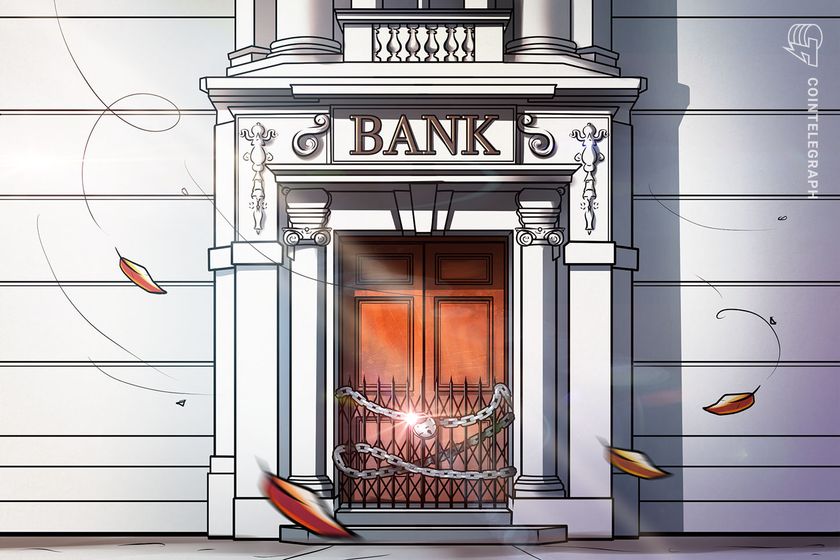Warren’s surveillance legislation is tailor-made to help big banks


Warren’s Digital Asset Anti-Money Laundering Act would shut crypto providers down, playing into the hands of the banking industry.
It seems that every time Massachusetts Senator Elizabeth Warren fails to get an anti-crypto bill passed, she introduces a new draft. She has the strategy of messaging bills — legislation introduced for the purposes of media attention and fundraising more than actual passage — down to a science.
Warren’s latest legislation, the Digital Asset Anti-Money Laundering Act, threatens to undermine crypto’s core principles of freedom and personal sovereignty. While Warren argues that her bill is necessary to combat illicit activities, a closer look reveals its potential to stifle innovation, endanger user privacy and play right into the hands of big banks.
The bill, co-sponsored by Kansas Senator Roger Marshall, is based on the premise that digital assets are increasingly being used for criminal activities such as money laundering, ransomware attacks and terrorist financing. While some bad actors exploit digital assets, the bill’s approach of treating all developers and wallet providers as potential criminals is not only impractical but also dangerous.




















